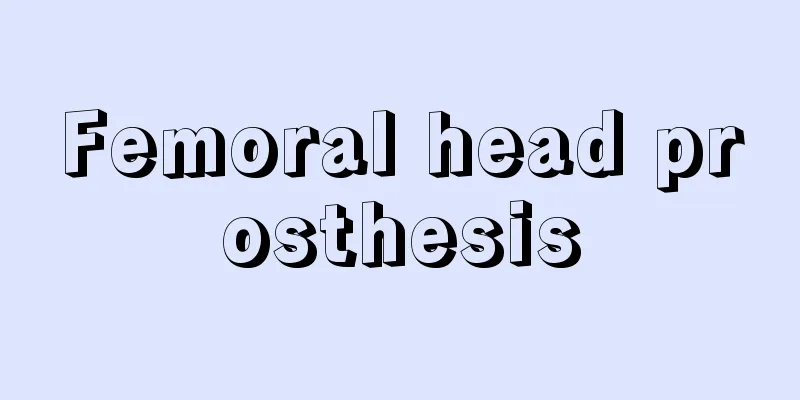Is it really necessary to have a denture after tooth extraction

|
Everyone has his or her own way of life. In our lives, many people do not pay attention to the maintenance of their teeth, which can easily lead to problems. Sometimes teeth cannot be filled and need to be extracted. However, many people think that it is no big deal to lose one or two teeth. Sometimes they ignore it, which will lead to more dental problems. Let's find out together whether it is really necessary to have dentures after tooth extraction. Is it really necessary to have a denture after tooth extraction? Most missing teeth need to be replaced. If they can be repaired in time, normal chewing function can be restored. It will cause great harm if they are just extracted without replacement. When a tooth is missing, a gap is left. The adjacent teeth lose balance and move or tilt towards the missing space, just like a child squeezing his teeth together. If one tooth moves in the middle, the surrounding teeth will fall towards the middle. Adverse consequences: Occlusal trauma: When adjacent teeth are tilted due to tooth loss, the normal occlusal relationship of the upper and lower teeth is changed. One part of the tooth surface is lowered and cannot occlude with the opposite teeth; the other part of the tooth surface is too high, resulting in excessive contact, forming an excessive occlusal force. Clinically, it is called a traumatic occlusion. This condition can affect the supporting tissues around the teeth, causing periodontal disease such as periodontitis or gingival recession. For example, excessively elevated teeth sometimes bite on the gums on the opposite side, causing ulcers or bleeding on the gums on the opposite side. Periodontal disease: Food impaction, damaged occlusion, tooth elongation or insufficient chewing function may cause gum atrophy, root exposure, alveolar bone absorption, tooth movement, and lead to the occurrence of periodontal disease. Elongation of the opposite teeth: If the gap between missing teeth cannot be repaired in time, the opposite teeth will elongate due to the lack of occlusion. For example, if a lower tooth is missing and it is not repaired for a long time, the corresponding upper tooth will elongate. In severe cases, the defect can occupy the entire gap, making it irreparable and causing bite disorder. The above is an introduction about it. In fact, there are still many dangers of not having dentures, so I would like to remind everyone that it is best to go to the hospital to have your teeth dentured after tooth extraction. The above is an introduction to whether it is really necessary to have dentures after tooth extraction. After understanding it, we know that it is best to install dentures about three months after tooth extraction, otherwise it is easy to cause the teeth around the missing teeth to loosen, and it will also cause damage to the crown, etc., so it is necessary to have dentures after tooth extraction. |
>>: Advantages of removable dentures
Recommend
Kidney cancer can easily be confused with other diseases in the late stage
Kidney cancer is easily confused with other disea...
Early testicular cancer cure rate
What is the cure rate of testicular cancer? Testi...
How many years can one live with colon cancer
How long can a patient with colorectal cancer liv...
What fruit can sober you up the fastest
Drinking too much alcohol will make you feel unco...
What are the characteristics and features of daffodils?
In daily life, fresh flowers and plants can not o...
How to wash buckwheat pillow?
How to wash buckwheat husk pillows? Buckwheat hus...
What's the matter with the red spots on the soles of the feet
Many people have experienced erythema on the sole...
What are the causes of smog and how to control it?
In recent years, haze has become a very serious p...
If my parents have liver cancer, will it be hereditary?
When seeing liver cancer patients, one of the que...
Can early liver cirrhosis be cured?
Cirrhosis literally means a disease in which hard...
What's the matter with the sunken mark in the middle of the nail
Many people have a dent in the middle of their na...
Only by paying attention to the cause of liver cancer can we prevent this disease
With the development of society, people's liv...
Does a hamartoma on the kidney require surgery?
Renal hamartoma is a urological disease. This dis...
Will renal hamartoma lead to poor appetite? A detailed discussion of several effects of renal hamartoma
Renal hamartoma is a benign tumor that often occu...
The symptoms and treatment of laryngitis are like this
Laryngitis is a relatively common ENT disease tha...









